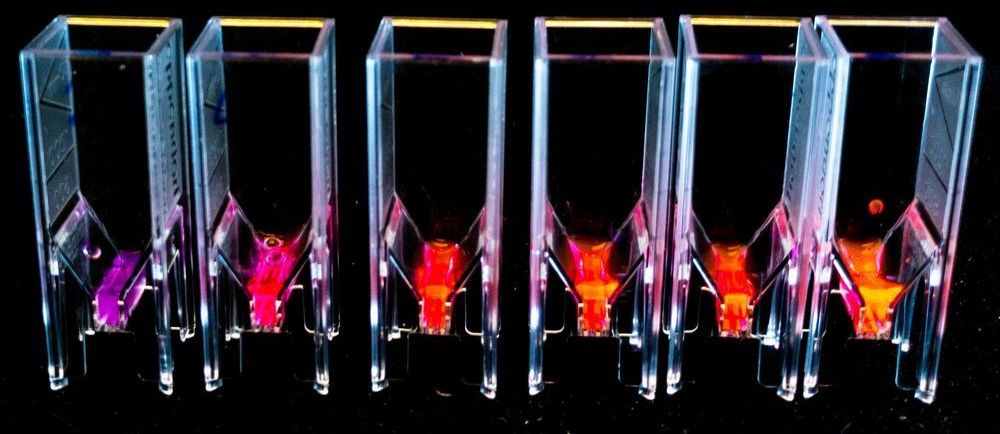Tiny light-emitting microalgae, found in the ocean, could hold the secret to the next generation of organic solar cells, according to new research carried out at the Universities of Birmingham and Utrecht.
Microalgae are probably the oldest surviving living organisms on the planet. They have evolved over billions of years to possess light harvesting systems that are up to 95 per cent efficient. This enables them to survive in the most extreme environments, and adapt to changes our world has seen over this time-span.
Unravelling how this system works could yield important clues about how it could be used or recreated for use in new, super-efficient organic solar panels. Because of the complexity of the organisms and the huge variety of different species, however, progress in this area has been limited.
